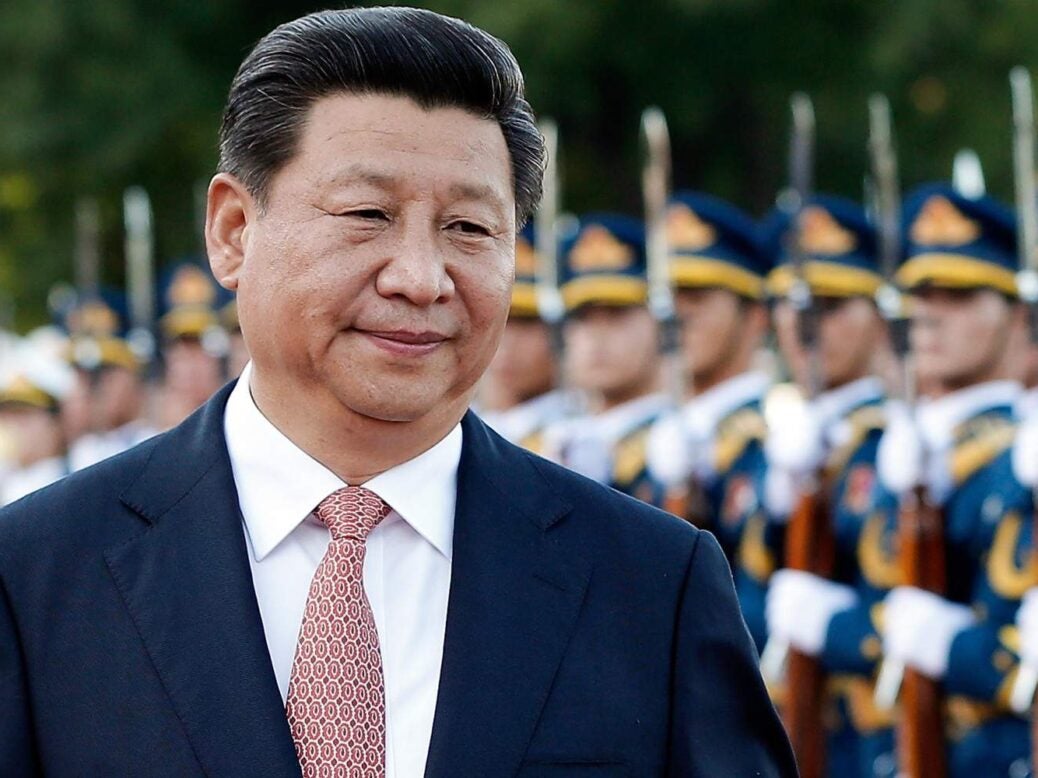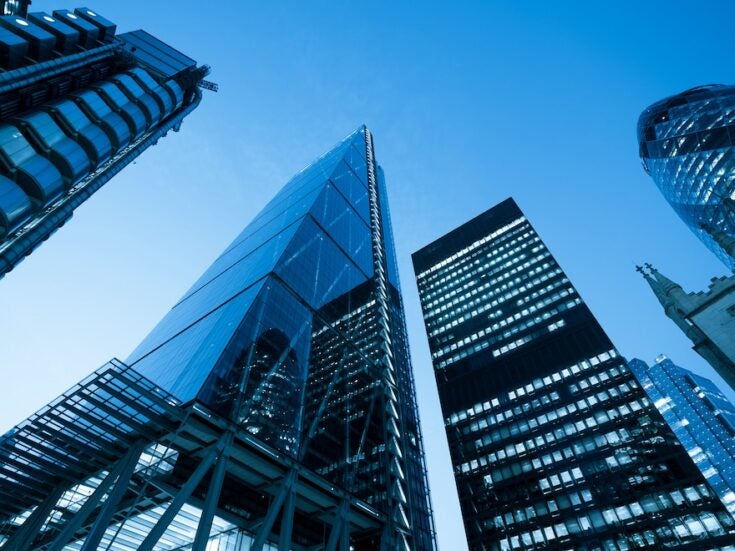
The unveiling of President Xi’s new politburo — one apparently free of a successor — underscores the Chinese leader’s vaulting ambition to lead his country to greatness, writes Alec Marsh
In power since 2012 Chinese president Xi Jinping had expected to step down in 2022. But having concluded the 19th communist party congress in Beijing by unveiling a new senior leadership team that is free of an obvious successor, he now looks set to continue on for a third term — until 2027 at least.
Which makes a lot of sense. For by then, if the forecasts are anything to go by, China’s economy should have overtaken that of the USA’s to be the biggest in the world, with a GDP of around $25 trillion a year, according to the OECD.
At that point, armed with this data and all the military hardware that he can buy with it, President Xi will — as the Economist called him in a cover story just the other day — truly be the most powerful man in the world. The then 74-year old won’t just be ruler of the most populous country in the world, but it will by some measure be the richest and most economically and militarily powerful. So who can blame Xi form not wanting to miss all the fun?
Writing in the FT the twice former Australian prime minister Kevin Rudd, stated that Xi would rule well into the 2020s. ‘Five years ago I said he would be China’s most powerful leader since Deng Xiaoping,’ he wrote. ‘I was wrong. He is now China’s most powerful leader since Mao Zedong.’
But might it be that Xi wants to go further than Mao? After all, Mao was leader of the country close to its geopolitical nadir — following a century of humiliation at the hands of European powers since the Opium Wars of the 1840s, the collapse of the monarchy, the Japanese invasion of the 1930s and the civil war of the 1940s.
Indeed it’s patently clear from his reversal of Deng Xioping’s policy of discreet growth – and the imposition of his own ‘Thought’ into office Chinese Communist party dogma — that Xi is looking to go further and take China further. His vision of the ‘China dream’, his desire to flex Beijing’s muscle overseas — through, for instance, its illegal military build-up in the South China Sea, its new military base in Djibouti and economic policies like the One Belt One Road initiative — are all evidence of the arrival of a more globally assertive China. In his 205 minute speech to the 2,300 delegates at the congress he described China as a ‘great power’ or ‘strong power’ 26 times.
Some China watchers will doubtlessly now be prepared to call President Xi out as a dictator (one, Susan Shirk, head of the 21st Century China Centre at the University of California, told the Guardian that she would if no successor were apparent in the new politburo line-up).
Others, a great many of them, will be more circumspect in their language. And they arguably should be. Xi is not a man to be messed with. That he is the most powerful Chinese leader since 1793, when the first British envoy to China, Lord Macartney refused to kowtow to the Qianlong Emperor, cannot be doubted. Indeed Xi will surely go down in history as the first president of the Chinese century, which is fast approaching, if not here already.
Alec Marsh is editor of Spear’s






